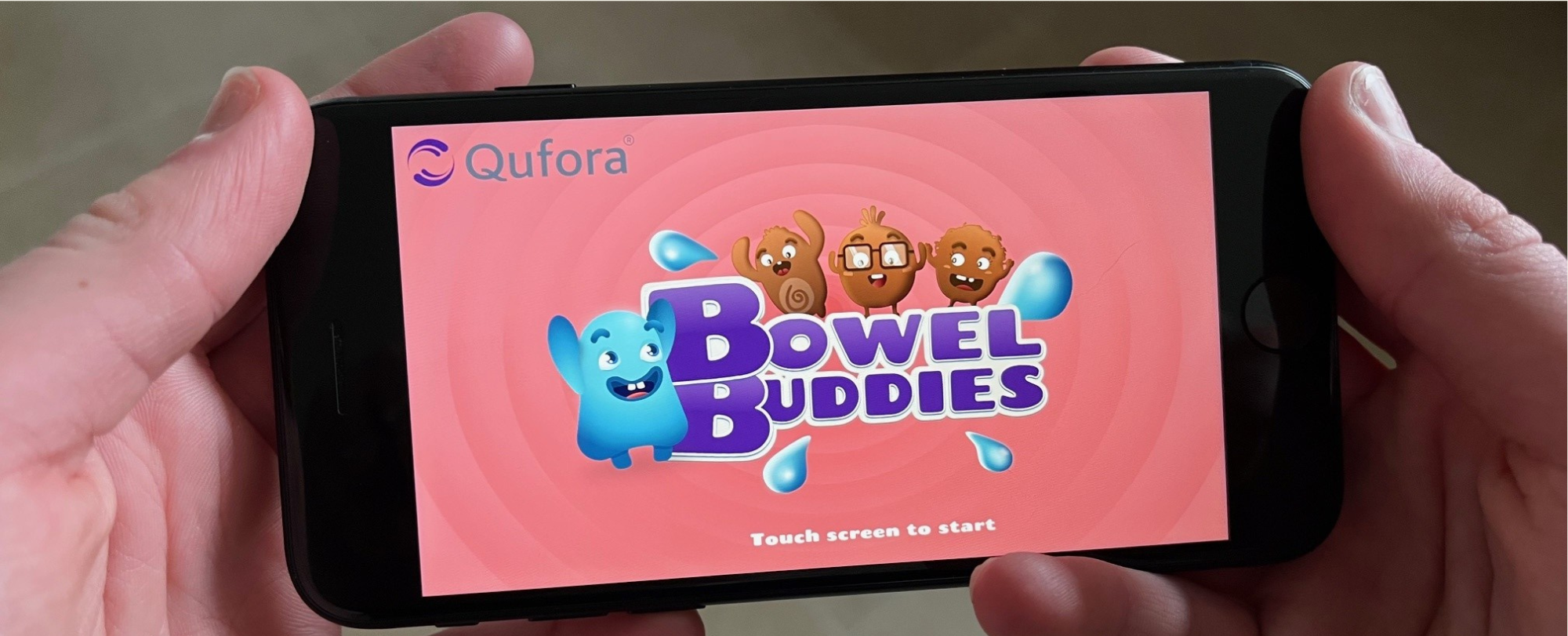Michelle was delighted to present the results of her PERSPECTIVE research in the Association of Coloproctology Nurses forum, during the recent ACPGBI conference.
PERSPECTIVE was an observational study which has explored the impact of a wide range of functional bowel disorders (FBDs) on patients lifestyle, including their real-world experience of using transanal irrigation (TAI) to manage these symptoms. Michelle took this opportunity to present the findings in relation to the use of TAI.
Data from 933 respondents were captured through a single online questionnaire. Among them, 183 (20%) had experience of using TAI, and 110 (60%) continue to use it. Since irrigation requires commitment and motivation to undertake, its ongoing use can be considered a proxy for efficacy, indicating that 60% of respondents with a range of different FBDs find it beneficial, a finding consistent with other studies.
In the study, females were primarily irrigating for constipation-related symptoms (43, 44%), while males used it predominantly for diarrhoea or mixed-type symptoms (9, 82%). Respondents often faced delays in starting TAI, with 48 (44%) reporting symptoms for 10 or more years before beginning treatment. This delay could be attributed to various factors such as the time it takes to access specialist services. Increasing awareness around bowel dysfunction and the benefits of treatments is crucial to address this issue.
Respondents were asked to rate the effectiveness of TAI at 3, 6, and 12 months using a scale of 0 to 10. The effectiveness at 3 months positively correlated with the effectiveness at 6 months, suggesting that if TAI is effective at 3 months, it was likely to remain effective at 6 months. This trend continued up to 12 months, indicating that 3-month effectiveness serves as a reasonable indicator of long-term effectiveness.
Long term effectiveness is further supported by the finding that the majority of respondents (58, 53%) had been irrigating for 3 or more years. In fact, 33 (30%) had been irrigating for 5-10 years. This supports the notion of long-term effectiveness for TAI beyond the 12-month period examined. Diarrhoea-related symptoms had the highest proportion of continued TAI usage (26, 74%).
Summary of key findings and implications for practice:
- Effectiveness at three months is a reasonable indicator of long-term effectiveness, providing reassurance to both patients and healthcare professionals. Patients experiencing no improvement in symptoms at 3 months may be referred back to the multi-disciplinary team, thus streamlining the patient journey.
- Irrigation can benefit diarrhoea-type symptoms (diarrhoea predominant irritable bowel syndrome (IBS-D), functional diarrhoea and faecal incontinence), with 74% continuing irrigation long term, suggesting good efficacy for this group. A high proportion of these (20, 77%) also had faecal incontinence. Perhaps the high burden of faecal incontinence makes irrigation more worthwhile. This is novel data which may merit further research.
- Irrigation has a success rate of 60% across a wide range of FBDs. Raising awareness about this may benefit more patients.







